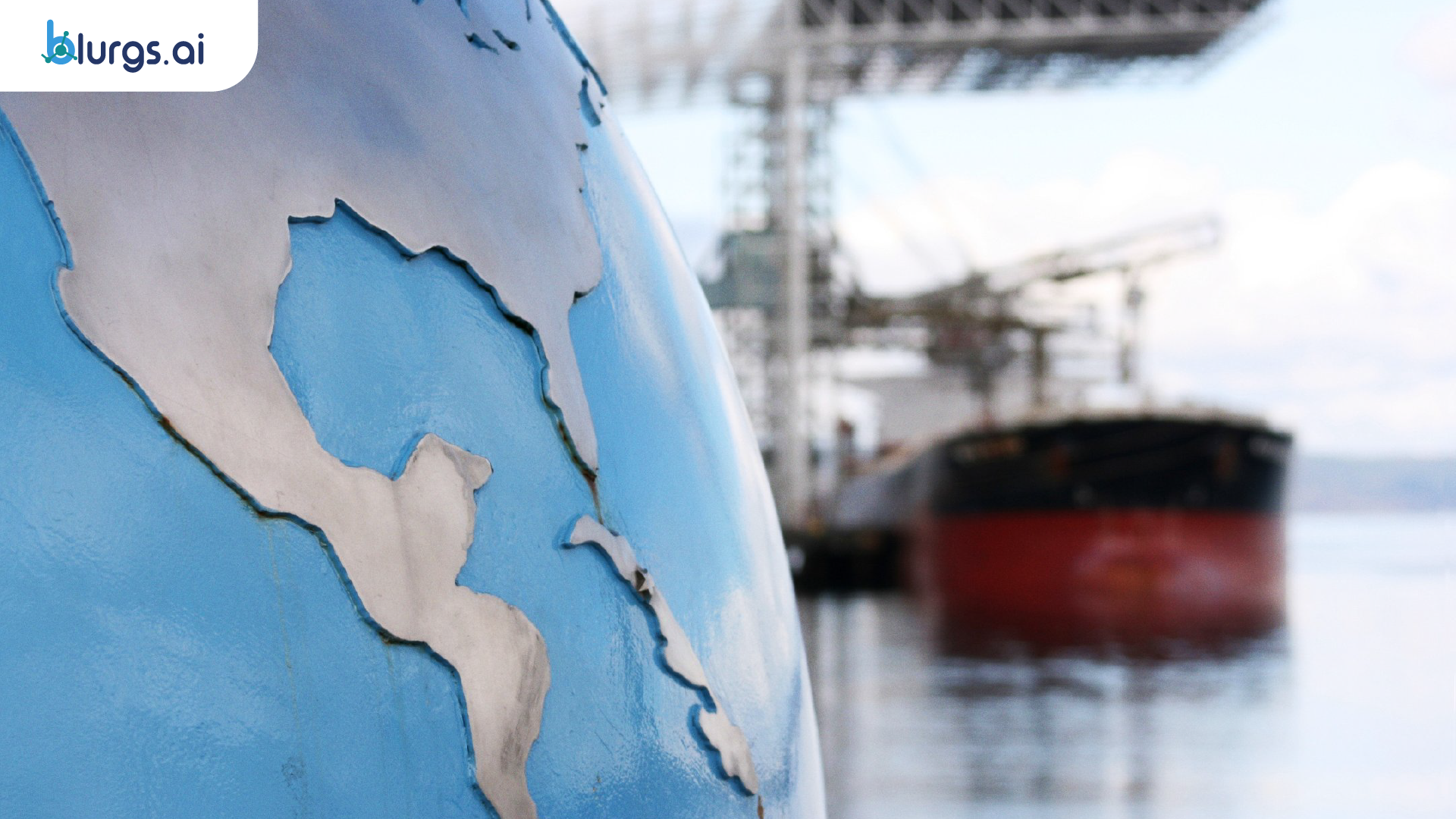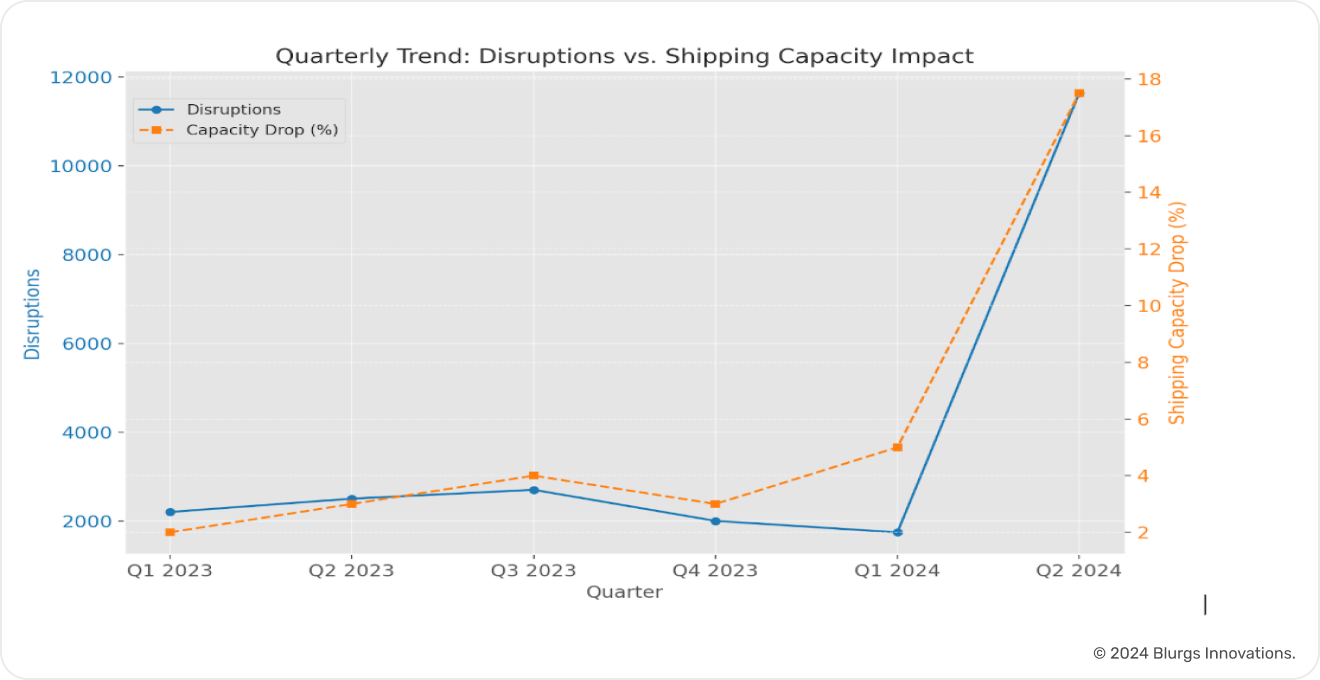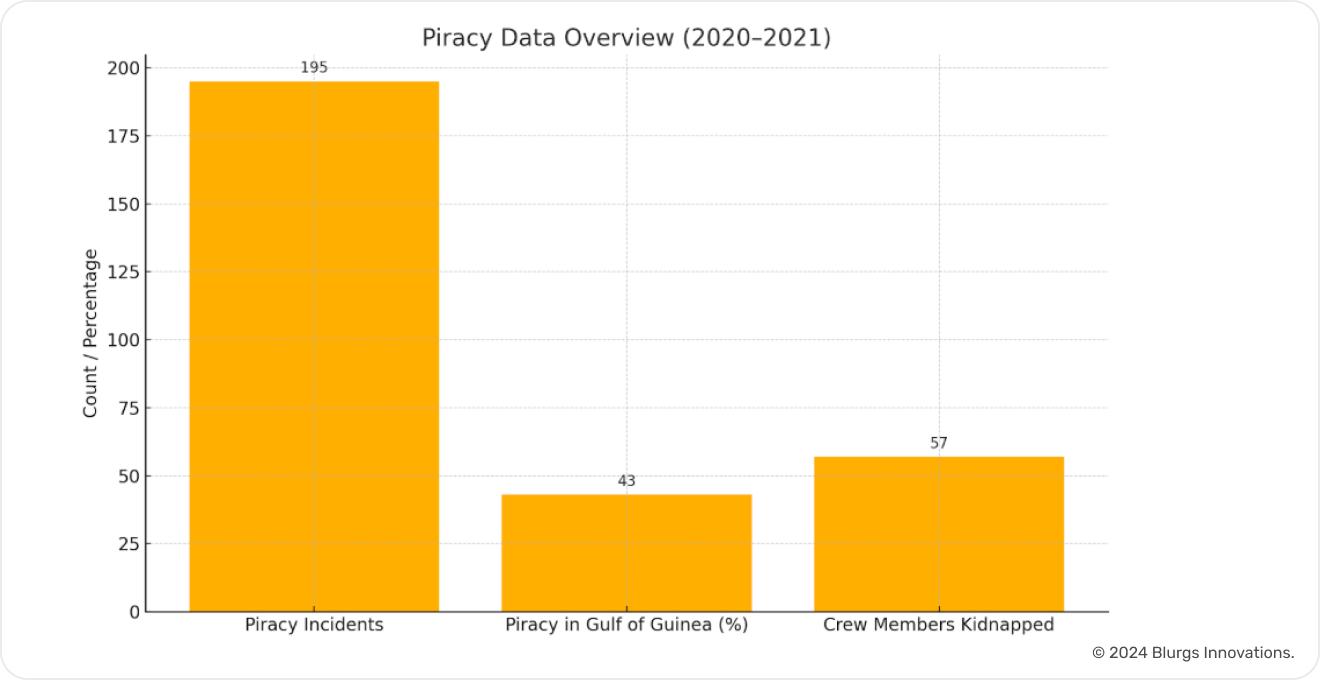You know what I often think? What if the very supply chains that power your business could collapse tomorrow?
It’s a question that has become painfully relevant after the global disruptions of recent years—COVID-19, the Suez Canal blockage, and geopolitical tensions have exposed the fragility of traditional supply chain models. For many businesses, it’s no longer a matter of if these disruptions will happen again, but when.
For India’s C-suite executives, this should be a wake-up call. The centralized supply chains that once defined efficiency are no longer enough to navigate an unpredictable world. The future belongs to those who decentralize—those who create supply chains that can absorb shocks, adapt to new realities, and seize opportunities in a shifting global market.
By embracing decentralization, Indian businesses can transform disruption into growth, positioning themselves not just as survivors, but as leaders in a new era of global supply chains.
The Fragility of Global Supply Chains
Think of global supply chains like a finely tuned orchestra. When one section falls out of sync—whether it’s due to a pandemic, a blockade, or political unrest—the entire performance suffers.
From COVID-19 shutting down key production hubs to the Suez Canal blockage grinding international trade to a halt, businesses worldwide have experienced firsthand how fragile their supply chains truly are. In fact, a report from McKinsey estimates that disruptions lasting a month or more now occur every 3.7 years, costing industries billions.
For India, the vulnerabilities were laid bare. Our reliance on foreign manufacturing hubs, especially in pharmaceuticals, electronics, and automotive parts, left our industries scrambling to find alternative suppliers. India’s pharmaceutical sector, for example, struggled to meet demand when supply routes for active ingredients were choked during the pandemic, leading to costly delays.
This is a reality we can’t afford to ignore. Centralized supply chains that rely on just-in-time models have shown their weaknesses. Indian businesses need to rethink their approach, decentralize, and build supply chains that are adaptable, distributed, and resilient. The time to act isn’t when the next disruption hits—it’s now.
So, how do we ensure harmony in a volatile world?
The first step is to conduct a comprehensive risk assessment. Indian businesses need to map their supply chains and identify where they are overly reliant on single points of failure, such as foreign manufacturing hubs or key suppliers. Tools like real-time data analytics can help visualize these risks by providing end-to-end visibility into every aspect of the supply chain.
Next, businesses need to diversify their supplier base. This doesn’t just mean finding new suppliers—it means developing regional networks that can be activated in case of disruptions. By working with multiple suppliers across different regions, companies can minimize the impact of any one event, ensuring continuity.
The Shift Toward Decentralization
The reality is simple: centralized supply chains served us well in a predictable world. But that world is gone. As we face an increasingly volatile landscape, businesses around the globe are realizing that decentralization is a necessity.
Look at Japan, Germany, and the U.S.—they’re moving away from reliance on single hubs, opting instead for diversified supply chains that offer flexibility and resilience. This shift is about more than risk mitigation. It’s about having the agility to respond to disruptions in real time and the foresight to tap into new markets and partnerships when opportunities arise.
For India, this is the moment to rethink supply chains. Decentralization allows us to build a distributed network that is not only resilient but also adaptable to future challenges. It opens doors to regional hubs, strengthens ties across markets, and ensures businesses remain competitive on a global scale.
The shift toward decentralization is not just about spreading risk—it’s about creating agility in your supply chain. How do businesses make this shift?
First, they need to move from a centralized to a distributed model. This means creating regional hubs that can manage production and distribution independently of the central node. For example, an Indian company can set up multiple production facilities across the APAC region, ensuring that if one facility is disrupted, others can pick up the slack.
But here’s the real advantage: digital transformation.

Opportunities for India in a Decentralized World
It’s like standing at a crossroads—one path leads to resilience and growth, the other to more of the same. The global shift toward decentralization is that crossroads for India, and we’re perfectly positioned to choose the path of growth.
With initiatives like Make in India and PLI schemes, we’re already seeing the tide turn. India is quickly becoming an attractive destination for global businesses seeking to diversify their supply chains. Our geographic advantage, skilled workforce, and evolving infrastructure make us the obvious choice for companies looking for regional hubs outside of traditional powerhouses.
Take a look at how tech giants have started shifting their manufacturing strategies away from China. India is on their radar, and this is our opportunity to take the lead. By strengthening our manufacturing capabilities and fostering regional partnerships, India can position itself as a crucial player in global supply chains.
But here’s where we need to focus—technology. To create supply chains that are truly resilient and adaptive, we must invest in AI, automation, and real-time data analytics. These tools are the backbone of future-proof supply chains allowing businesses to track products from production to delivery in real time.
It prevents fraud and ensures compliance with environmental and labor standards, making India more attractive to global partners..
Strategic Actions and Lessons from Recent Crises
If recent global crises have taught us anything, it’s this: diversification is survival. Companies like Apple and Toyota proved that by embracing dual sourcing and developing regional hubs, they could continue operations and soften the blow of supply chain disruptions. The message for Indian businesses is clear—decentralization builds resilience.
Regional partnerships are another vital strategy. India, as part of the APAC region, has the opportunity to strengthen its ties with key trading partners and participate in agreements like RCEP, which offers a framework for stability and cooperation in regional supply chains.
Technology is the enabler of this transformation. By investing in AI, blockchain, and real-time data analytics, Indian companies can create transparent and agile supply chains that quickly adapt to disruptions, monitoring global trends—whether it’s political unrest, pandemics, or environmental risks—and alert businesses before a disruption occurs.
From Vulnerabilities to Strengths
You can still debate whether decentralization is essential or not. But recent crises have shown that Indian businesses have the opportunity to lead the way by building resilient, flexible supply chains that can adapt to disruptions and stay competitive.
By embracing decentralized models, investing in technology, and strengthening regional partnerships, we can turn today’s challenges into tomorrow’s strengths. Solutions like Blurgs’ AI-driven technologies are key to ensuring supply chain transparency, agility, and resilience, positioning Indian companies for success in a decentralized world.
Now is the time for Indian businesses to step up, adapt, and lead in the global supply chain revolution.



